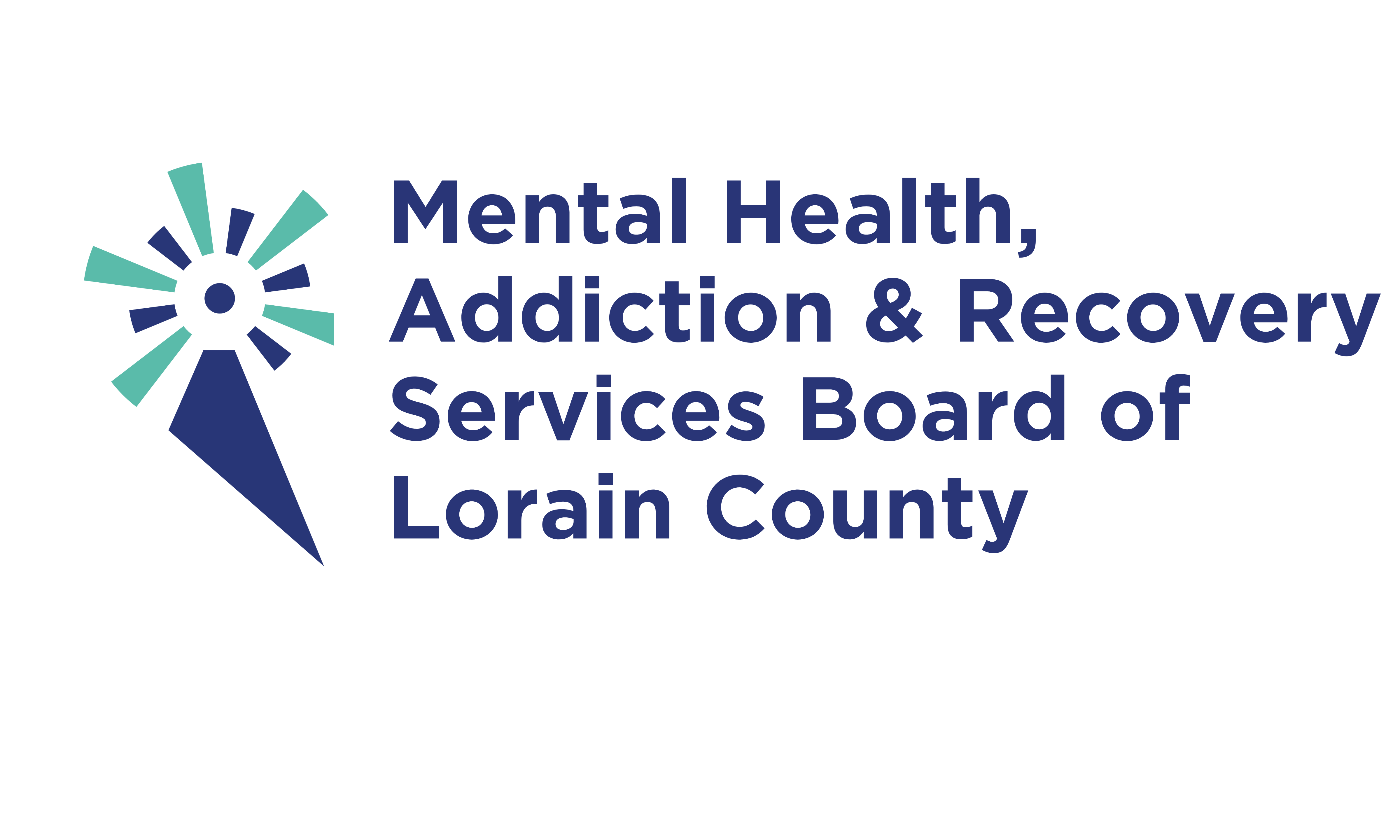SUICIDE PREVENTION
24 - Hour Crisis Hotline: 800-888-6161
Suicide is a serious and preventable public health problem.
Suicide takes life without regard to age, income, education, social standing, race or gender. Overall, suicide is the 10th leading cause of death for all Americans, the 2nd leading cause of death for adults ages 25-34 and the 3rd leading cause of death for youth ages 15-24. The legacy of suicides continues long after the death, impacting bereaved loved ones and communities.
JOIN THE LOCAL SUICIDE PREVENTION COALITION
If you are in crisis and need help right away:
Call this toll-free number, available 24 hours a day, every day: 800-888-6161. You may call for yourself or for someone you care about. All calls are confidential. Suicidal behavior is complex. Some risk factors vary with age, gender, or ethnic group and may occur in combination or change over time.
What are the risk factors for suicide?
Research shows that risk factors for suicide include:
- depression and other mental disorders, or substance-abuse disorder (often in combination with other mental disorders).
More than 90 percent of people who die by suicide have these risk factors:
- prior suicide attempt
- family history of mental disorder or substance abuse
- family history of suicide
- family violence, including physical or sexual abuse
- firearms in the home, the method used in more than half of suicides
- incarceration
- exposure to the suicidal behavior of others, such as family members, peers, or media figures.
Most suicide attempts are expressions of extreme distress, not harmless bids for attention. A person who appears suicidal should not be left alone and needs immediate mental health treatment.
What should I do if I think someone is suicidal?
If you think someone is suicidal, do not leave him or her alone.
Try to get the person to seek immediate help from his or her doctor or the nearest hospital emergency room or call 911.
Lorain County residents may call this toll-free number, available 24 hours a day, every day: 800-888-6161.
Encourage them to put the Crisis Text Line number in their phone, and use it when they feel distressed or overwhelmed. They can text 4hope to 741741 to interact with a Crisis Counselor right away. Also, they can contact the Crisis Text Line using Facebook.
Eliminate access to firearms or other potential tools of suicide, including unsupervised access to medications.
Find more educational materials about suicide and depression in our Publications and Reports section, or search the links below:
American Association of Suicidology
http://www.suicidology.org
American Foundation of Suicide Prevention
http://www.afsp.org
BestColleges.com Suicide Prevention Guide
http://www.bestcolleges.com/resources/suicide-prevention
National Institute of Mental Health
http://www.nimh.nih.gov/health/topics/suicide-prevention/index.shtml
NIMH Information about Depression
http://www.nimh.nih.gov/health/topics/depression/index.shtml
NIMH Facebook:
http://www.facebook.com/nimhgov
NIMH Twitter:
http://twitter.com/nimhgov
NIMH YouTube:
http://www.youtube.com/nimhgov
Ohio Suicide Prevention Foundation
http://www.ohiospf.org
Stop Bullying
http://www.stopbullying.gov/index.html
Suicide Prevention Education Alliance
http://www.speaneohio.org
Suicide Prevention Resources Center
http://www.sprc.org
SPRC – Suicide Prevention Resource Center (Weekly Spark Newsletter)
http://www.sprc.org/news-events/the-weekly-spark/

Additional Resources
